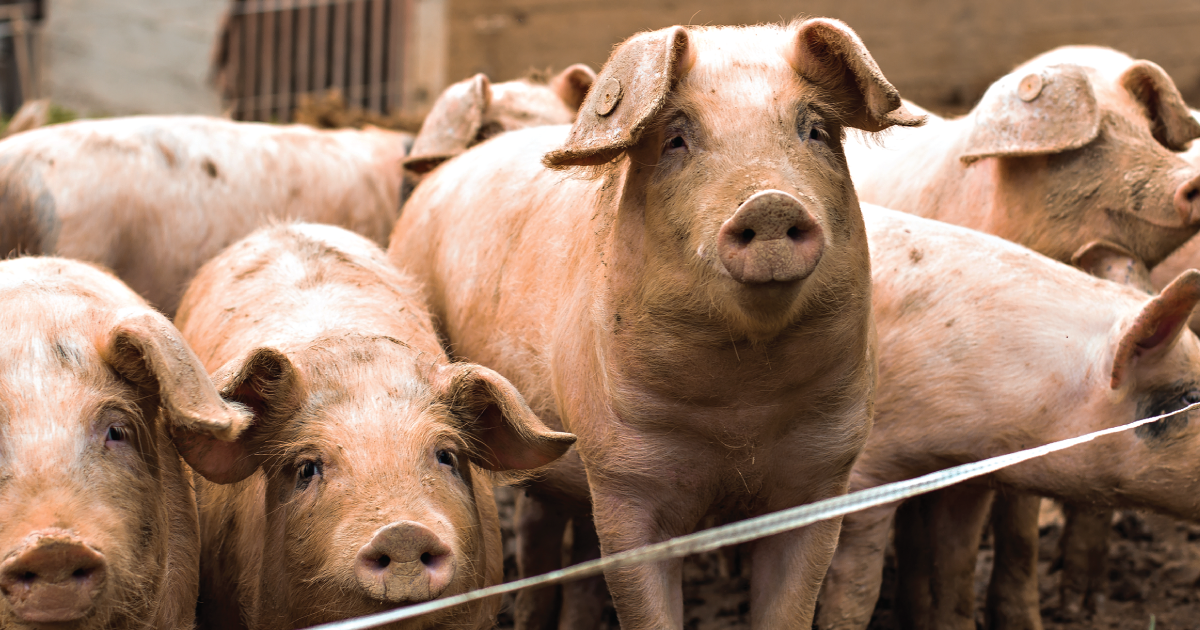
Across the Country, a Call Grows for Moratoriums on Huge Livestock Farms
As the number of massive livestock farms balloons in states like Iowa, Maryland, and Nebraska, communities are scrambling to figure out how to control the pollution and waste produced by thousands — or tens of thousands — of animals. In some places, officials have opted to ban the mega-farms altogether, and the idea of a moratorium on the biggest animal farms is gaining support in local governments, statehouses, and even in Congress.
January 26, 2020 | Source: The Fern | by Leah Douglas
As the number of massive livestock farms balloons in states like Iowa, Maryland, and Nebraska, communities are scrambling to figure out how to control the pollution and waste produced by thousands — or tens of thousands — of animals. In some places, officials have opted to ban the mega-farms altogether, and the idea of a moratorium on the biggest animal farms is gaining support in local governments, statehouses, and even in Congress.
In places as far afield as Faulk County, South Dakota, and Mount Judea, Arkansas, rural residents are petitioning their local officials to issue temporary or permanent bans on new concentrated animal feeding operations (CAFOs). They say these moratoriums are a longer-term and more holistic solution to the environmental concerns posed by CAFOs than a more incremental approach.
Even federal policymakers have picked up the flag of the moratorium. In December, senator and former presidential candidate Cory Booker introduced a bill that would implement several livestock farming reforms, including a moratorium on new CAFOs. Sen. Booker has previously introduced legislation that would institute a moratorium on agribusiness mergers and acquisitions.
